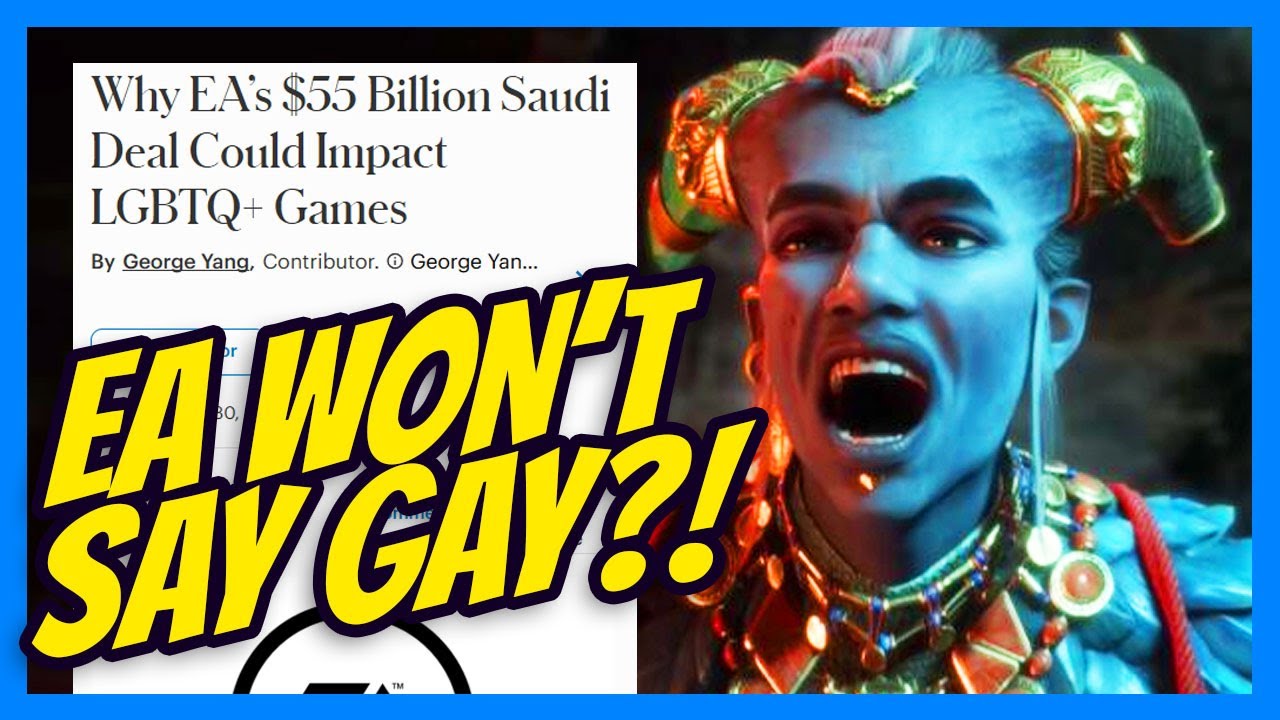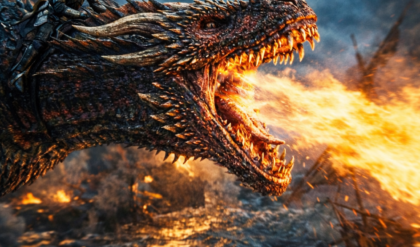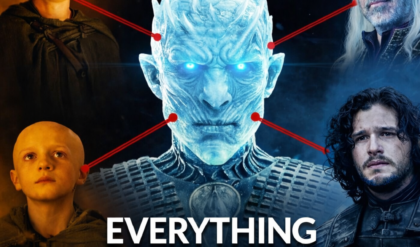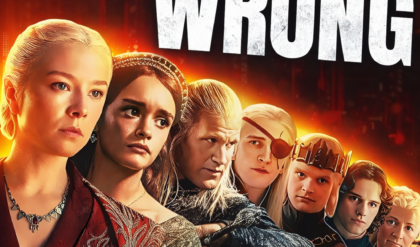Game Journos in Panic Mode: EA’s Saudi Buyout Spells Doom for LGBTQ in Gaming? 😱 As the $55B deal shakes the industry, insiders freak over erased queer stories in Sims and BioWare hits—while others cheer the “healing” from woke flops. Will assassins turn straight? Expose the chaos:

Electronic Arts (EA), the powerhouse behind franchises like The Sims, Madden NFL, and Dragon Age, has been acquired in a staggering $55 billion deal by a consortium including Saudi Arabia’s Public Investment Fund (PIF), private equity firm Silver Lake, and Jared Kushner’s Affinity Partners. Announced on September 29, 2025, the transaction takes the company private, marking the largest leveraged buyout in history and sparking widespread debate in the gaming community. While EA’s CEO Andrew Wilson assured employees that “our values and commitment to players and fans around the world remain unchanged,” concerns about the future of LGBTQ content in games have dominated headlines, with journalists and developers expressing fears of censorship amid Saudi Arabia’s conservative social policies. On the flip side, some voices hail the shift as a potential “healing” for an industry plagued by recent flops attributed to progressive elements.
The acquisition values EA at $210 per share, a 25% premium over its unaffected stock price, financed partly by $20 billion in debt. PIF, chaired by Crown Prince Mohammed bin Salman, rolls over its existing 9.9% stake and contributes significantly to the equity investment of about $36 billion. Silver Lake and Affinity Partners, the latter receiving billions from PIF, complete the group. This move aligns with Saudi Arabia’s Vision 2030 initiative to diversify its oil-dependent economy through investments in entertainment and gaming. PIF has already poured billions into the sector, acquiring esports firms ESL and Faceit for $1.5 billion, mobile developer Scopely for $4.9 billion, and taking stakes in companies like Nintendo, Capcom, and Take-Two Interactive. Critics, including Human Rights Watch and Amnesty International, accuse PIF of “sportswashing” and “gameswashing”—using high-profile investments to gloss over Saudi Arabia’s human rights record, which includes criminalizing homosexuality, discriminating against women, and restrictions on free speech.
Game journalists and outlets have been quick to highlight the potential impact on EA’s progressive content. Publications like Kotaku, Forbes, and The Guardian have run pieces questioning whether franchises known for LGBTQ inclusion—such as The Sims, which pioneered same-sex relationships in 2000, and BioWare’s Dragon Age and Mass Effect series with queer romances and non-binary characters—will face alterations. In The Sims, players can customize pronouns, sexual orientations, and gender expressions, features EA has promoted during Pride Month. BioWare’s Dragon Age: The Veilguard, released in 2024, featured pansexual companions and was marketed as “inherently queer,” though it underperformed commercially. A Forbes article warned that the deal “could impact LGBTQ+ games,” citing fan worries on Reddit about backsliding on queer themes. Slate focused on The Sims, noting queer gamers’ dubiety toward Wilson’s assurances, especially with Kushner’s ties to conservative U.S. politics and Project 2025’s anti-“left-wing bias” media stance.
Internal reactions at EA have been tense. Employees, particularly from the Pride Employee Working Group, voiced fears in town halls about deprioritizing or cutting LGBTQ content and targeting trans staff amid potential layoffs. The leveraged buyout’s debt burden could lead to aggressive cost-cutting, echoing post-acquisition job losses at Microsoft-Activision Blizzard. Developers in the LGBTQ community have announced boycotts, with social media posts decrying the deal as a “big F you to all women and LGBTQ+.” On X, users speculated about censorship, with one noting fears of AI-driven productivity boosts leading to queer content erasure in Saudi Arabia, where same-sex relations are illegal. Journalists amplified these concerns, with Kotaku reporting on BioWare’s potential sale and the end of “progressive messaging.”
Not all coverage is alarmist. Some conservative-leaning commentators and YouTube channels like Clownfish TV have mocked “game journos” for “freaking out,” portraying the acquisition as a corrective to “woke” excesses that contributed to flops like Dragon Age: The Veilguard and Concord. Posts on X celebrated the possibility of “no more gay stuff,” suggesting a return to “just games” without forced inclusivity, drawing parallels to Saudi bans on titles like Spider-Man 2 for LGBTQ elements. Industry analysts note that while PIF’s influence has led to oddities like Cristiano Ronaldo in Fatal Fury, core creative control might remain intact for market reasons—Western audiences drive most sales.
EA’s history with inclusivity dates back decades, but recent titles have faced backlash for perceived overreach. The Veilguard’s sales missed targets by 50%, with critics citing “surface-level” representation and immersion issues. Former BioWare writers speculated that under new ownership, “guns and football” might prioritize over “gay stuff,” potentially dooming RPG studios like BioWare. Broader industry trends show private equity deals often lead to microtransaction-heavy, safe bets, sidelining experimental content. Saudi investments, part of a $38 billion gaming push via Savvy Games Group, aim for economic diversification but raise ethical questions, similar to LIV Golf or the Riyadh Comedy Festival accused of “comedy-washing.”
Reactions extend to esports and global markets. The Esports World Cup in Saudi Arabia drew LGBTQ concerns, though organizers assured inclusivity. On Reddit’s r/LinusTechTips, users decried PIF’s control, citing murders of journalists and LGBTQ persecution. X threads fear mass layoffs and AI integration exacerbating content shifts. Kushner’s involvement, scrutinized for Saudi ties during his U.S. government role, adds U.S. political layers, with fears of alignment with anti-LGBTQ legislation.
EA faces regulatory hurdles, including U.S. national security reviews via the Committee on Foreign Investment, but approval seems likely absent antitrust issues. Wilson emphasized accelerating EA’s “strategic vision,” but stopped short of reaffirming past stances like “Trans Rights Are Human Rights.” As the deal closes, potentially early next year, the gaming world watches: Will progressive elements persist for profitability, or yield to new influences? The divide—panic from inclusion advocates versus optimism for a “healed” industry—mirrors broader cultural clashes in entertainment. For now, the acquisition underscores gaming’s globalization, where economic ambitions collide with social values.





